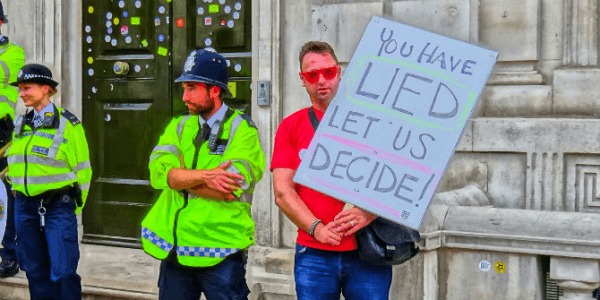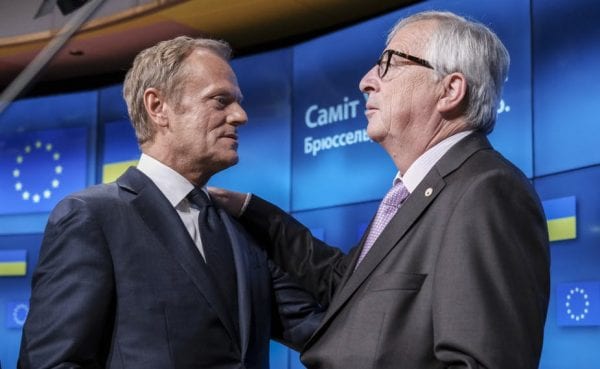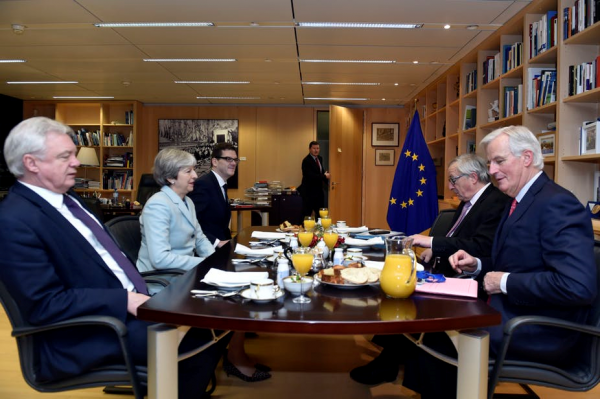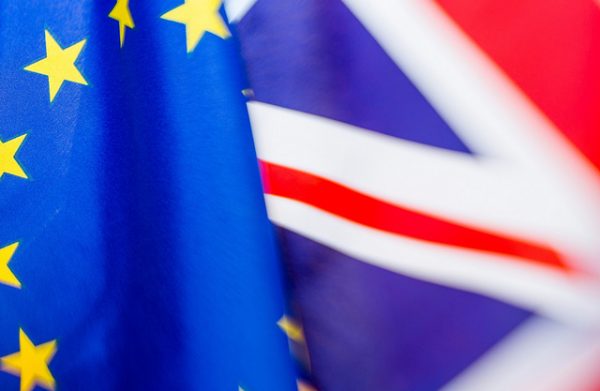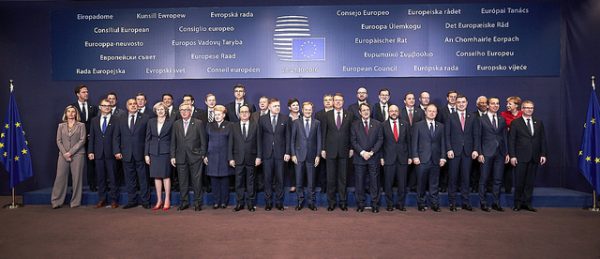The next stage of the Brexit negotiations hinges upon two words: “sufficient progress”.
At the European Council meeting on October 19 and 20, leaders of the EU27 will review developments in the Brexit negotiations and establish whether they believe enough progress has been made in the first phase of talks to move on to the second phase. That would allow discussions to begin on the future relationship between the UK and the EU.
The term “sufficient progress” is embedded within the European Council’s negotiating guidelines for Article 50 – the part of the EU treaty which governs how a state leaves the bloc. It is born out of the EU’s phased approach to the Brexit negotiations, which was later confirmed by both the EU and the UK in June 2017.
The ongoing first phase of Brexit negotiations is focused on finding solutions to three key issues: the status of UK citizens in the EU and EU citizens in the UK, the border between the Republic of Ireland and Northern Ireland, and the settlement of the UK’s financial obligations.
Agreeing whether there has been been sufficient progress means solving these three key problems. What the agreed solution ought to look like, however, is more elusive. Continue reading →


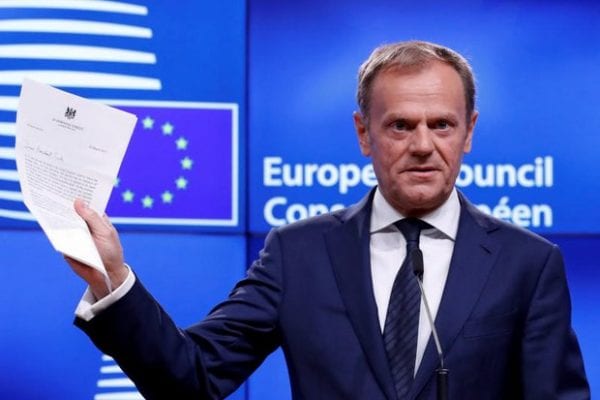
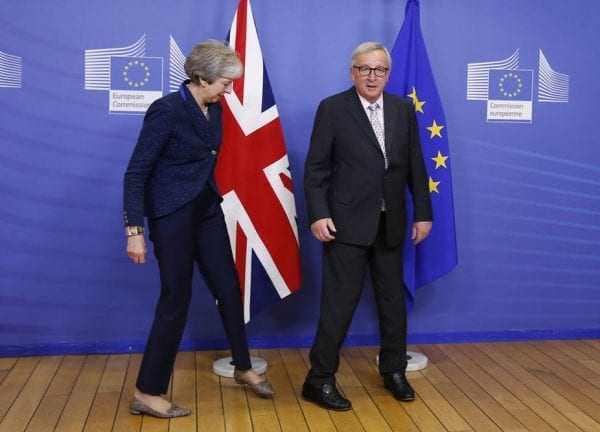
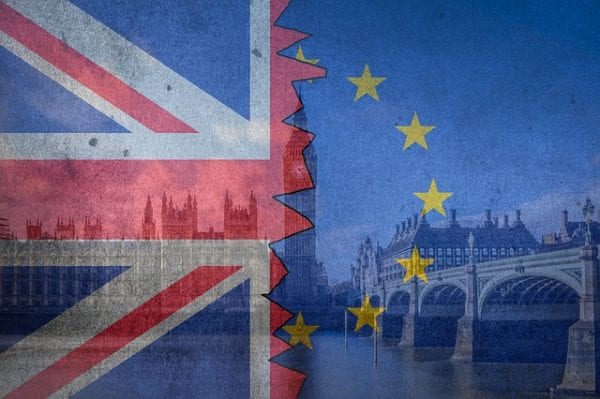 By Phil Syrpis, University of Bristol
By Phil Syrpis, University of Bristol